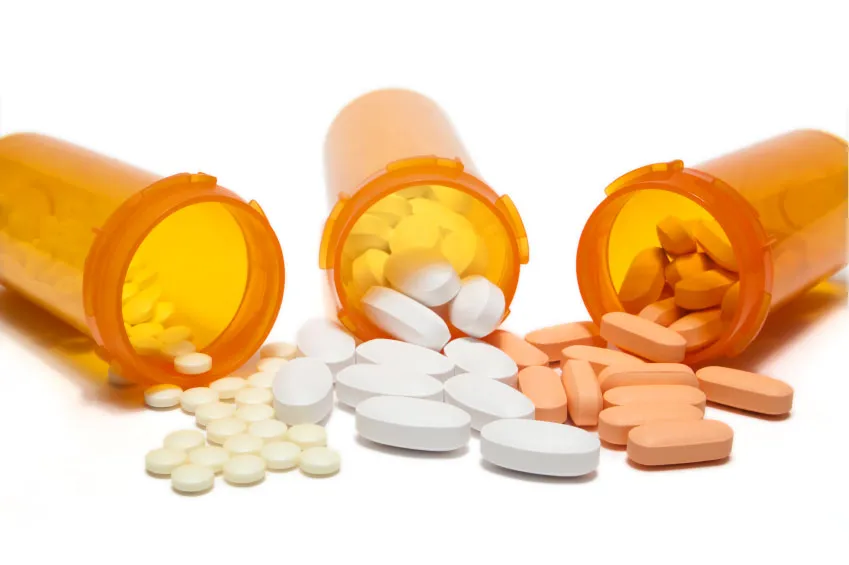Before the 1940s, the most simple, everyday maladies – a bug bite, a broken bone, a sore throat – could result in swift and sudden death, cutting down people even in the prime of their lives. This was the era before antibiotics became a cornerstone of modern medicine. Now, thanks to overprescription of antibiotics, the massive overuse of antibiotics in factory-style farming, and stalled antibiotic research, we're rapidly returning to the pre-penicillin era. Bacteria have evolved resistance to our best and, right now, our only, weapons.
From a recent article by Maryn McKenna:
In 2009, three New York physicians cared for a sixty-seven-year-old man who had major surgery and then picked up a hospital infection that was “pan-resistant”?—?that is, responsive to no antibiotics at all. He died fourteen days later. When his doctors related his case in a medical journal months afterward, they still sounded stunned. “It is a rarity for a physician in the developed world to have a patient die of an overwhelming infection for which there are no therapeutic options,” they said, calling the man’s death “the first instance in our clinical experience in which we had no effective treatment to offer.”
Without antibiotics, chemotherapy, treatment of severe burns, organ transplants and indeed most major surgeries will become extremely hazardous. The risks of childbirth will increase exponentially. Anyone unlucky enough to get a skin infection will have a 1 in 9 chance of dying, while ear infections will once again lead to deafness and sore throats might trigger heart failure.
Is there anything we can do to stop a global return to the dark ages of medicine? Read McKenna's full article over at Medium to find out.
Image via Ready Nutrition.


Comments (0)
Share your thoughts and join the technology debate!
No comments yet
Be the first to share your thoughts!